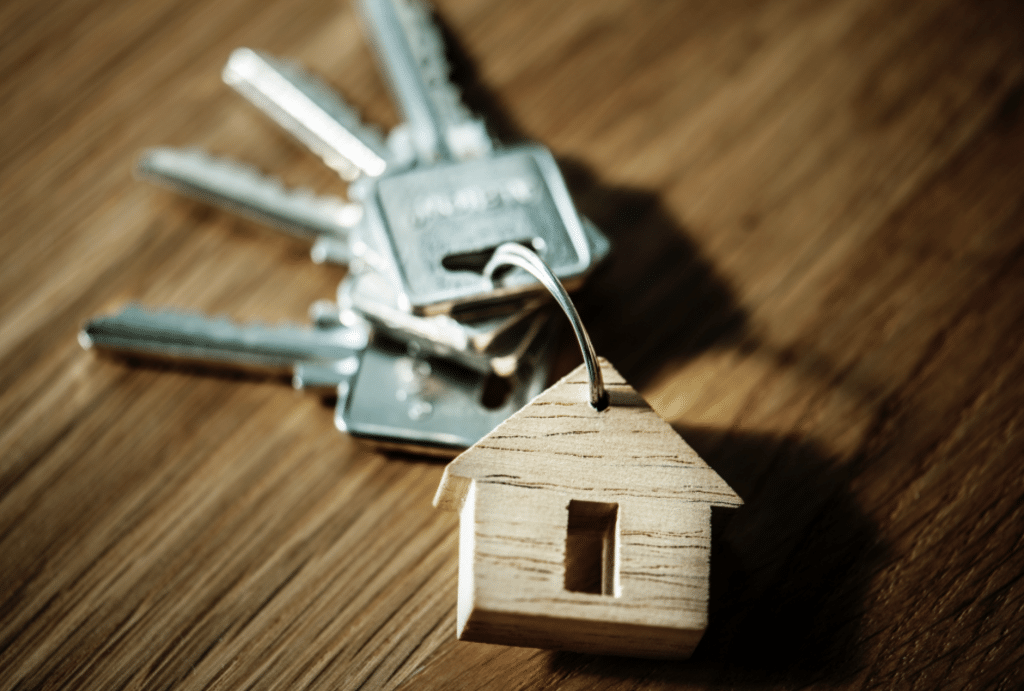Are You Needing Help Paying Off Debt or Making Home Improvements? A second mortgage could provide the means to do either, but first it’s important to understand its pros and cons.
A second mortgage loan enables you to access the equity in your property without refinancing its primary loan. There are two forms of second mortgage loans, such as home equity lines of credit (HELOCs) or loans against equity in your property.
Multiple Mortgages
Real estate investors looking to diversify their portfolio may benefit from taking out multiple mortgages on different properties; however, doing so may present its own set of challenges.
Lenders may be reluctant to approve loans for multiple properties due to increased risks and possible losses, as well as demanding higher down payments, cash reserves and superior credit scores from their borrowers.
Alongside financial burden, second mortgages may come with increased fees and interest rates that make the entire process both costly and time consuming.
A blanket loan could help you navigate around these challenges by consolidating several mortgages into one financing agreement and streamlining paperwork and monthly payment system, while also offering consistent interest rates across your rental properties.
Second Mortgage
Second mortgages are an ideal financial tool when you need to borrow substantial sums of money quickly. They can help you purchase or renovate an entire new home, or consolidate high-interest debt such as credit card balances.
Second mortgages can help build equity in your home by using it as collateral against a loan, though they do carry with them some risks and costs.
To qualify for a second mortgage, it’s necessary to have built up significant equity in your home and a credit score between 680-700 with most lenders. They will also consider your income and debts before ordering an appraisal for you home before offering this second loan option.
Home equity loans and home equity lines of credit (HELOCs) offer two forms of second mortgages to meet various needs: both provide you with access to an ongoing source of credit that allows for draws against it as needed, with interest applied only on any unused portions.
Debt Consolidation
Debt consolidation may be the answer if you’re feeling trapped by high debts and want a way out. Debt consolidation can reduce monthly payments, lower interest rates and improve credit health – all positive steps forward!
Before applying for a debt consolidation loan, make sure you carefully explore your options. Check with both banks and credit unions to see which offers the most advantageous interest rates, fees and perks.
People with strong credit can benefit from consolidation loans with fixed rates and repayment terms that span between 12-60 months. They’re usually unsecured (meaning you don’t need collateral), offering fixed rates with monthly repayment terms between 12-60 months.
A second mortgage can be an effective way of using your home’s equity to consolidate debt, but it should be understood that this form of loan can come with high interest rates and be risky.
Investing
If your debt seems overwhelming and no immediate solution exists, now may be an opportune time to invest. A second mortgage – also known as home equity line of credit (HELOC) – can help build wealth faster so that financial freedom becomes attainable more quickly.
Investing involves purchasing assets like stocks or bonds with the intention of increasing their value over time, like stocks which have returned an average annual return of 9.6% over the past 10 years.
However, stock markets can be unpredictable and value may fall quickly over time. Before investing any funds into investments you should conduct sufficient research and be willing to accept some loss along the way.
An additional mortgage can help you achieve financial freedom if it’s used responsibly and wisely, but first you must define what that means for yourself and your family.
